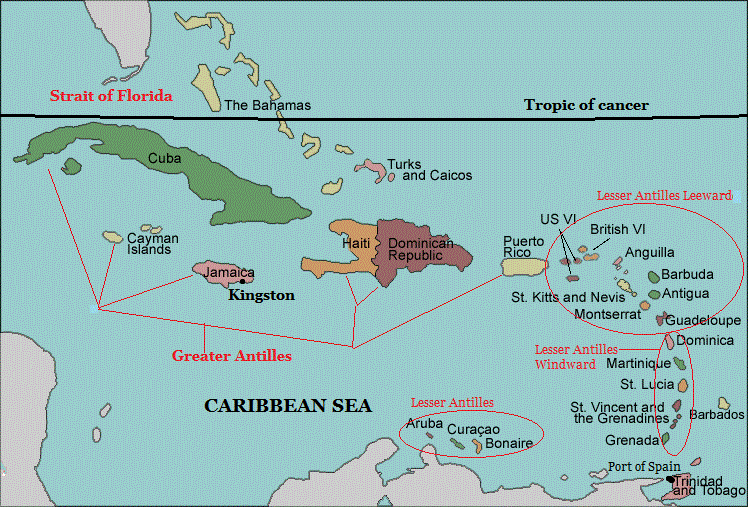Free Courses Sale ends Soon, Get It Now


Free Courses Sale ends Soon, Get It Now



Disclaimer: Copyright infringement not intended.
Context
Details
Key Points
Why does the FATF include countries on the "grey list"?
What does the change signify for India?
Key Facts About Cayman Island
History
Political Status
Language
Capital
Geography and Environment
Currency
Economy
|
PRACTICE QUESTION What are the implications of being placed on the FATF's 'grey list' for a country's financial system and international standing? Analyze the challenges and measures necessary for a country to be removed from the FATF's list."(250 words) |
© 2024 iasgyan. All right reserved